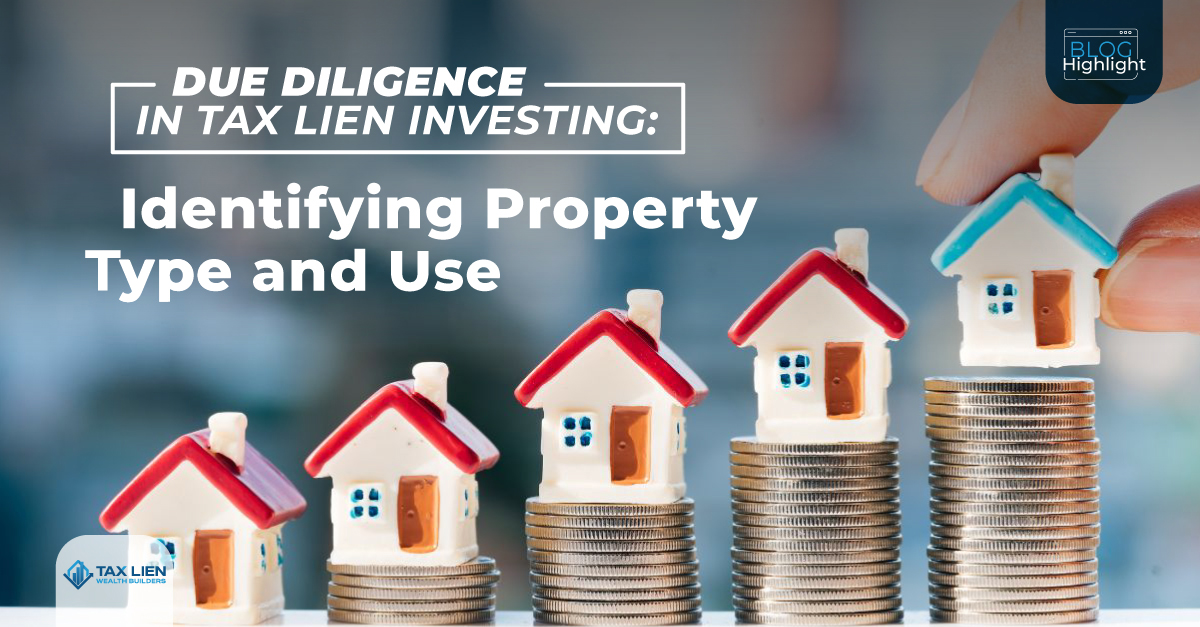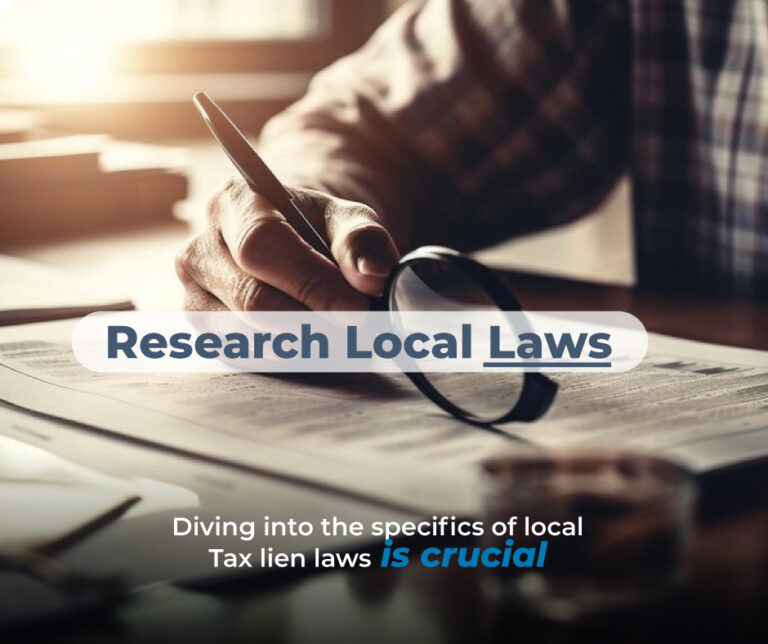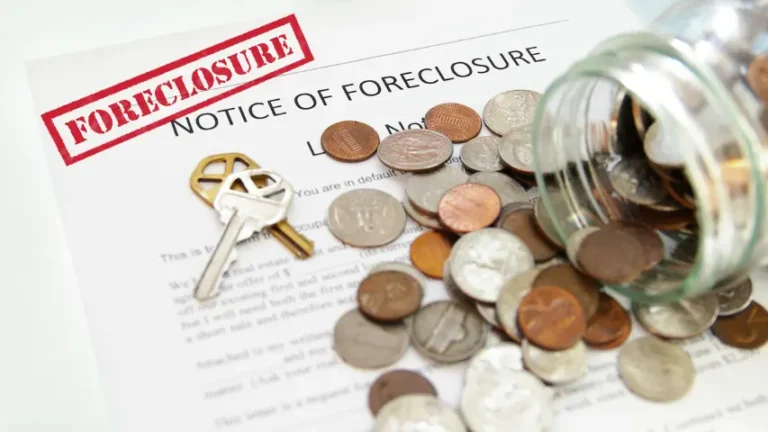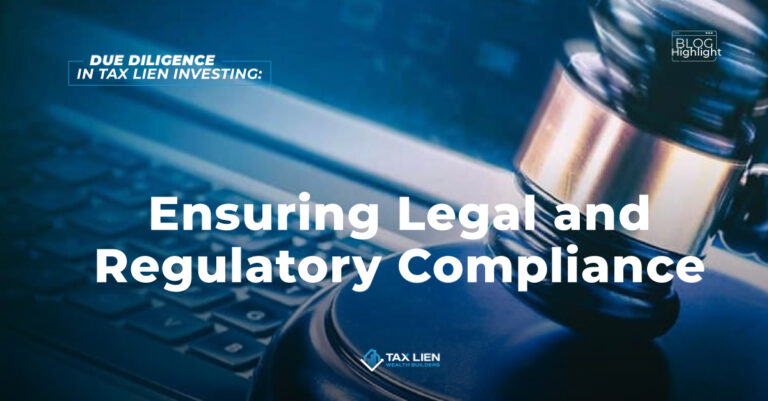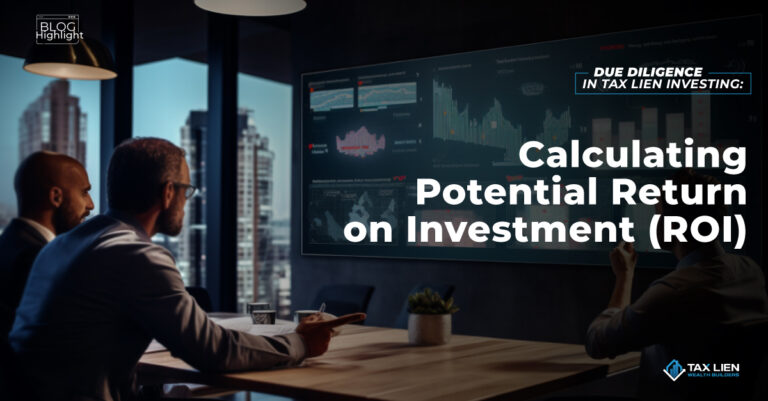Due Diligence in Tax Lien Investing: Identifying Property Type and Use
In tax lien investing, not all properties are built the same way.
The type of property and its use can determine your investment strategy and potential returns.
Different types of properties have different pros and cons, and some are better suited to your investment goals than others.
So, let’s dive in and explore the different types of properties and their impacts on investment.
Types of Properties in Tax Lien Investing
First up, we have residential properties.
These are the homes and apartments where people live. Pros of investing in residential properties include:
Residential properties
Residential properties include single-family homes and apartments.
They are usually in high demand because people always need a place to live. They are easy to sell and rent, and the process of acquiring them is less strenuous.
They are easy to manage and maintain as they require a low maintenance cost compared to commercial properties.
However, residential properties typically generate lower rental income compared to commercial properties.
Commercial properties
Commercial properties include office buildings, retail spaces, and warehouses. They offer the potential for higher returns, but come with their own set of challenges.
Commercial leases often yield higher rental income compared to residential leases. Their leases tend to be longer in terms of duration, providing more stability.
They often require the service of an expert or professional and the cost of acquiring commercial properties are higher than that of residential properties.
Industrial properties
Industrial properties include factories, warehouses, and distribution centers. These properties can offer good returns but they come with unique considerations.
Tenants who rent industrial spaces often stay for long periods of time due to the cost and effort of moving operations.
The demand for warehouse and distribution space has increased due to the high rise of e-commerce.
Industrial properties are subject to strict zoning laws that can limit their use.
Vacant land
Investing in vacant land can be a speculative but potentially rewarding endeavor. The value of vacant lands is often tied to future development potential.
Vacant land can be developed for various uses, allowing you the flexibility to do what you want based on market demand.
Generally, vacant land has lower property taxes and minimal maintenance costs.
However, you can be uncertain about its returns. They generate income once they are developed or sold.
Also, converting the land into a usable property can be expensive and time-consuming.
The Impact of Zoning on Property Use and Potential.
Zoning laws are local regulations that dictate how properties in specific areas can be used. They impact a property’s value and potential for development.
Understanding these laws is crucial for any real estate investor.
Zoning laws hold the key to the types of buildings that can be constructed and the activities that can take place on the property.
This is the very essence of the property’s value. Properties zoned for commercial uses might be more valuable than properties zoned for residential use.
What all of these mean for your investment is that you must meticulously consider the type and use of a property before investing in it.
It is a crucial part of investment. When you do this, you tend to make well-informed decisions and easily achieve your goals.
Each property type comes with its own set of advantages and challenges.
Additionally, being aware of zoning laws and how they affect property use can prevent costly mistakes and enhance your investment potential.

